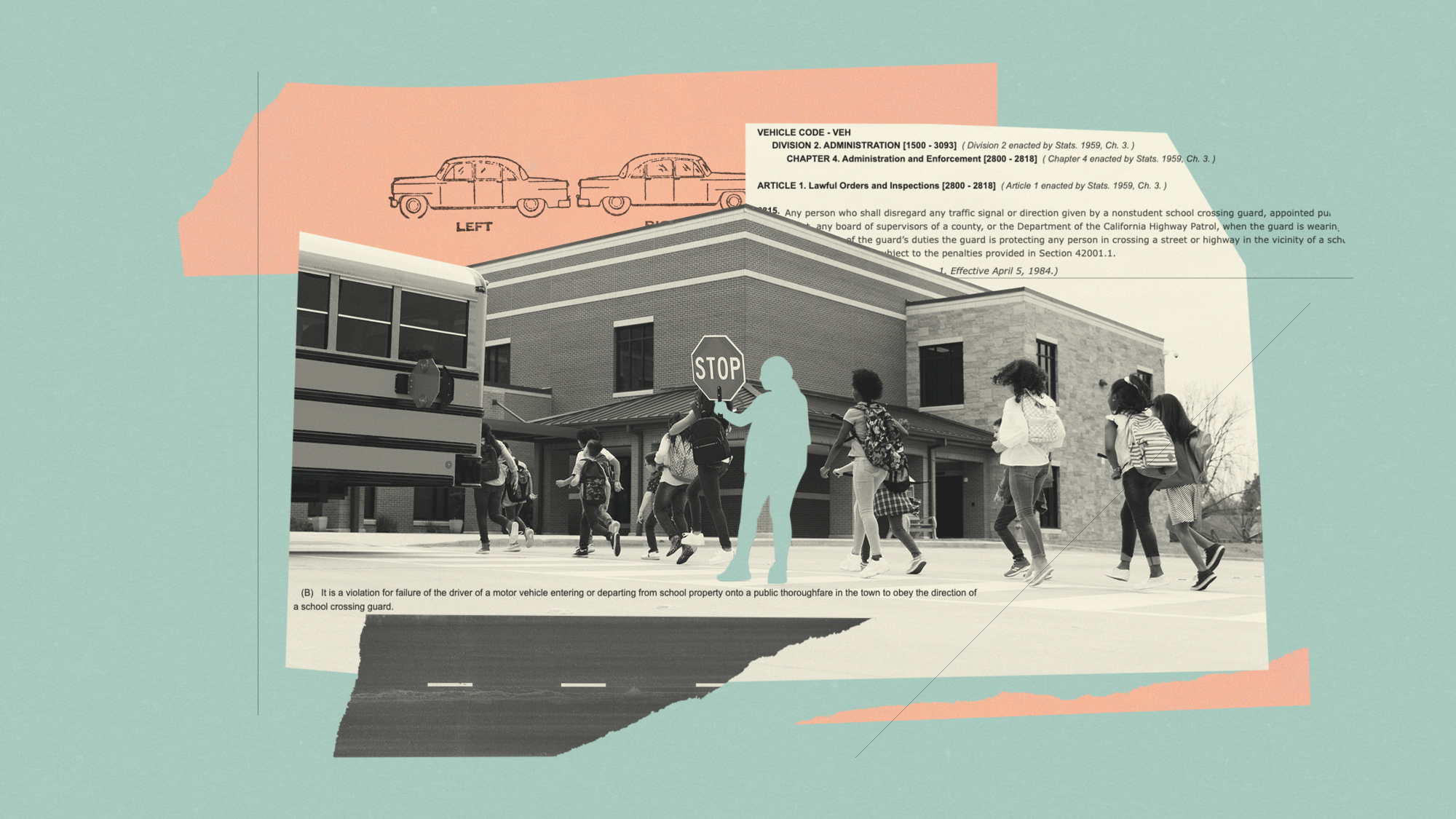The Bank of England official warning women against home working
Not returning to the office will result in ‘two track’ career development, senior policymaker claims

A free daily email with the biggest news stories of the day – and the best features from TheWeek.com
You are now subscribed
Your newsletter sign-up was successful
Women who work from home risk damaging their careers now that staff are returning to the office, a top Bank of England official has warned.
During an event for women in finance hosted by Financial News, Catherine Mann, a member of the bank’s Monetary Policy Committee, said: “Virtual platforms are way better than they were even five years ago. But the extemporaneous, spontaneity — those are hard to replicate in a virtual setting.
“There is the potential for two tracks,” she added. “There’s the people who are on the virtual track and people who are on a physical track. And I do worry that we will see those two tracks develop, and we will pretty much know who’s going to be on which track, unfortunately.”
The Week
Escape your echo chamber. Get the facts behind the news, plus analysis from multiple perspectives.

Sign up for The Week's Free Newsletters
From our morning news briefing to a weekly Good News Newsletter, get the best of The Week delivered directly to your inbox.
From our morning news briefing to a weekly Good News Newsletter, get the best of The Week delivered directly to your inbox.
According to The Guardian, “women aren’t returning to work to the same extent as men, and when they are working, they are more likely to be working from home”.
“Difficulty accessing childcare and disruption to schooling because of the pandemic has led to more women continuing to work remotely,” the paper added.
Mann, who was global chief economist at Citibank from 2018 to 2021, also said the economic downturn caused by Covid-19 has hit women disproportionately.
Financial News said she described the pandemic as “very much a she-cession”. However, some have suggested that the inequality Mann was referring to runs deeper than where workers choose to do their work.
A free daily email with the biggest news stories of the day – and the best features from TheWeek.com
Responding to the comments, lawyer Dr Ann Olivarius tweeted: “With all due respect – it’s being a woman in an already unequal workplace that damages women’s careers.”
Dr Zubaida Haque, a former interim director of the Runnymede Trust, added in a tweet: “If it is the case that women who work from home will ‘damage their careers’” then “perhaps we should change how promotion works?”
British businesses last month reported “that 60% of their staff were fully back at their normal place of work, but proportions vary widely by sector”, reported Reuters.
“In professional services, 34% of staff are in the office, 24% are fully working from home, and 35% are doing a mix,” the news agency added, citing Office for National Statistics data.
In July, experts warned that the permanent switch to more home working following the pandemic could cause rising gender inequality in the workplace.
Joeli Brearley, founder of the charity Pregnant Then Screwed, told The Observer: “Those at home will look like they’re less committed to their job, they won’t have as a good a relationship with their manager, the person that can promote them and give them a pay rise.”
Young people have also been warned that working from home could damage their careers.
In August, Rishi Sunak told LinkedIn News: “I doubt I would have had those strong relationships if I was doing my summer internship or my first bit of my career over Teams and Zoom. That’s why I think for young people in particular, being able to physically be in an office is valuable.”
-
 6 exquisite homes with vast acreage
6 exquisite homes with vast acreageFeature Featuring an off-the-grid contemporary home in New Mexico and lakefront farmhouse in Massachusetts
-
 Film reviews: ‘Wuthering Heights,’ ‘Good Luck, Have Fun, Don’t Die,’ and ‘Sirat’
Film reviews: ‘Wuthering Heights,’ ‘Good Luck, Have Fun, Don’t Die,’ and ‘Sirat’Feature An inconvenient love torments a would-be couple, a gonzo time traveler seeks to save humanity from AI, and a father’s desperate search goes deeply sideways
-
 Political cartoons for February 16
Political cartoons for February 16Cartoons Monday’s political cartoons include President's Day, a valentine from the Epstein files, and more
-
 The end for central bank independence?
The end for central bank independence?The Explainer Trump’s war on the US Federal Reserve comes at a moment of global weakening in central bank authority
-
 Ski town strikers fight rising cost of living
Ski town strikers fight rising cost of livingThe Explainer Telluride is the latest ski resort experiencing a patroller strike
-
 Employees are branching out rather than moving up with career minimalism
Employees are branching out rather than moving up with career minimalismThe explainer From career ladder to lily pad
-
 Out of office: Microretirement is trending in the workplace
Out of office: Microretirement is trending in the workplaceThe explainer Long vacations are the new way to beat burnout
-
 Being a school crossing guard has become a deadly job
Being a school crossing guard has become a deadly jobUnder the Radar At least 230 crossing guards have been hit by cars over the last decade
-
 Should Labour break manifesto pledge and raise taxes?
Should Labour break manifesto pledge and raise taxes?Today's Big Question There are ‘powerful’ fiscal arguments for an income tax rise but it could mean ‘game over’ for the government
-
 What are stablecoins, and why is the government so interested in them?
What are stablecoins, and why is the government so interested in them?The Explainer With the government backing calls for the regulation of certain cryptocurrencies, are stablecoins the future?
-
 Why 'faceless bots' are interviewing job hunters
Why 'faceless bots' are interviewing job huntersIn The Spotlight Artificial intelligence is taking over a crucial part of recruitment